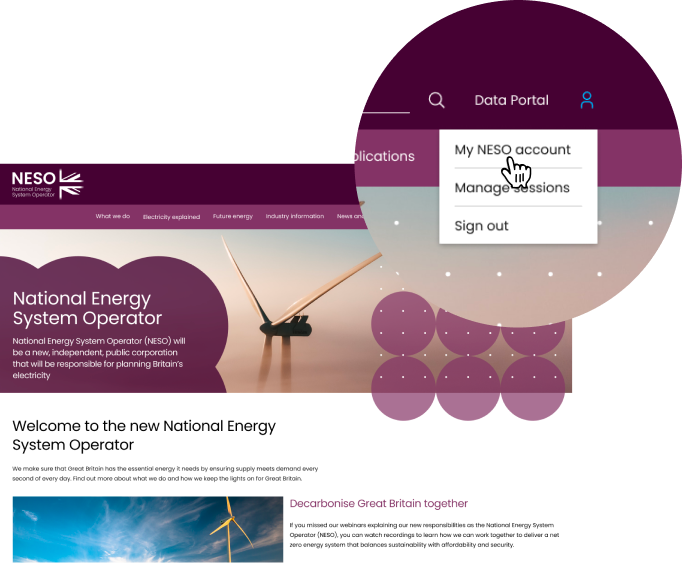NESO proposes new CUSC modification to drive connections queue progress

The National Energy System Operator has today proposed a new CUSC modification to introduce a new Progression Commitment Fee (the fee) to support the future connections queue. The proposed fee will augment the connections reforms currently under consideration by the energy regulator Ofgem.
Following a call for input with industry in October 2024, NESO has revised its initial proposal to better balance industry concerns with a requirement to motivate future projects to continue to progress through the connections queue, or to exit at the earliest possible opportunity.
The proposed fee will not immediately be applicable. Instead, it will be subject to a defined activation trigger. If activated, NESO’s proposal would mean that project developers would be exposed to a fee payable on termination or reduction in capacity, with the fee payable increasing over time.
Under the reformed connections process the proposed fee would provide an additional incentive for developers to regularly assess the viability of their projects during the period before they submit their planning applications.
The proposed fee would only be applicable to projects that have advanced through the initial stages of the connections process to enter the future gate 2 connections queue but have not yet submitted their planning consent application.
NESO’s proposal is that initially, the fee would be equivalent to an additional £2,500/MW for the project and would increase by an additional £2,500/MW every six months, up to £10,000/MW, during the time a project is in the Gate 2 queue without a submitted application for planning consent.
Kayte O'Neill, Chief Operating Officer, National Energy System Operator said:
“Ensuring that we have effective measures to make connections reform a success is critical to the future of the electricity network. The proposed Progression Commitment Fee will maintain the impetus for projects to regularly assess the viability of their project. It will support wider reforms, as another tool to speed up the connections process, deliver the electricity needed for 2030 and beyond.”
Energy Secretary Ed Miliband said:
“Our mission for clean power by 2030 is critical to build an energy system that can bring down bills for households and businesses for good.
“Speculative energy projects have been left to linger in the grid connections queue for too long, while viable projects that can help us deliver clean power by 2030 face frustrating waits of many years in some cases.
“As a next step to deliver our Clean Power Action Plan, these sensible measures will encourage developers to stick to deadlines and only bring forward their most progressed projects so we can accelerate Great Britain towards a new era of clean electricity."
